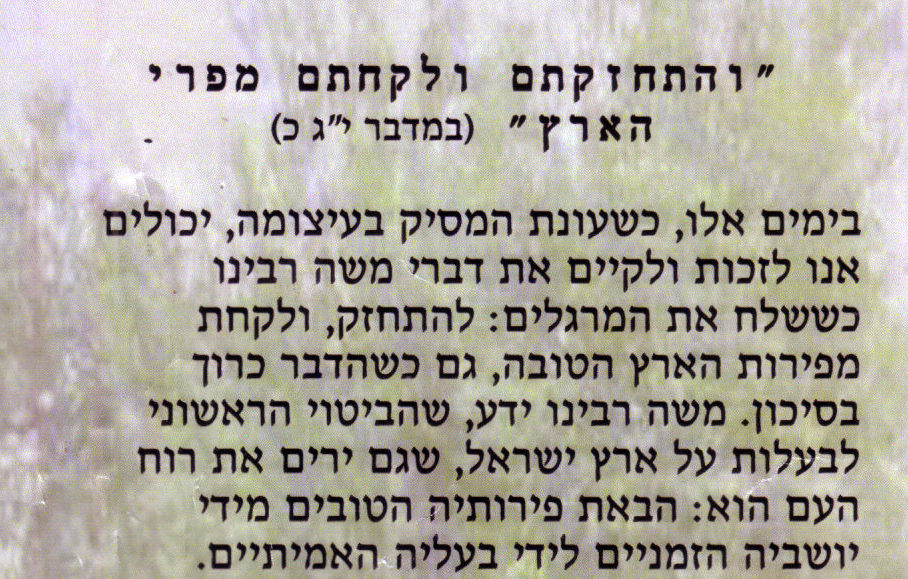My new column is up at The American Prospect:
The film shows emails scrolling across a computer screen. Addressed to Peter Stein, director of the San Francisco Jewish Film Festival, they carry more venom than it seems mere pixels of text could contain. They accuse him of being an anti-Semite and of running an “anti-Israel hate-fest.” They include words like “Hitler” and ask if next year he will present a retrospective of Nazi film director Leni Riefenstahl’s work.
This sequence comes early in the documentary Between Two Worlds, which premieres later this month in New York. Stein’s offense during the 2009 film festival was showing another documentary: Rachel, about Rachel Corrie, an American activist killed several years earlier in Gaza by an Israeli army bulldozer as she tried to stop it from razing a Palestinian house. At the same festival, Stein also showed 36 Israeli movies as part of his effort to catalyze intelligent conversation of Jewish issues.
That didn’t save him from the hate letters or from the protests outside the Castro Theater when Rachel screened. For balance, Stein invited a representative from the right-wing group Stand With Us explain his objections before the screening began. A barrage of cat-calls from the audience interrupted the guest’s comments, as if to prove that silencing opponents is a game everyone can play.
Between Two Worlds, by directors Deborah Kaufman and Alan Snitow, portrays the internecine fury that has seized the American Jewish community. This is a periodic illness, a social auto-immune disorder in which healthy dissent—particularly regarding Israeli policy—sets off panicked accusations of perfidy.










